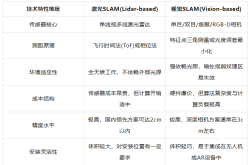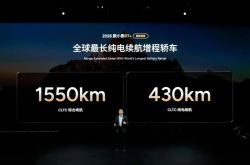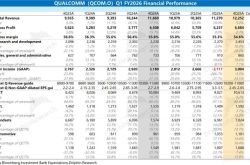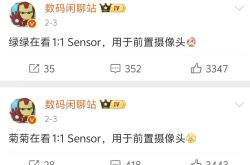Huawei's eSIM Phone Arrives, Packed with a Brand-New Kirin Chip, Poised to Rival Apple!
![]() 09/30 2025
09/30 2025
![]() 735
735
This year, Apple's latest iPhones have undoubtedly set a high bar for competitors, thanks to their outstanding performance in the global smartphone market. Sales figures for all three new models have significantly outpaced those from the same period last year. While the Pro Max continues to lead in sales, I personally suspect that the overall surge in the iPhone 17 series sales might be largely attributed to the standard model. However, there's a lingering disappointment: the much-anticipated iPhone Air has yet to make its debut. Although Apple is poised for release, external factors have delayed it, meaning consumers might need to exercise a bit more patience. Given that this is a prevailing trend in the industry, Apple isn't the only player gearing up. Competitors are also making strides in the ultra-thin smartphone arena, with Huawei being a notable contender. Industry insiders have already dropped hints, mentioning the Kirin chip—a clear nod to Huawei's devices. Regarding the term 'new,' I believe it likely alludes to the long-rumored yet still-unreleased Kirin 9030 chip.

So, which Huawei model will be the first to feature the Kirin 9030? Those in the know would agree that only the Mate 80 series fits the bill. Based on insider information and logical deduction, there should be an ultra-thin variant within the Mate 80 lineup. As for its sleekness, I personally anticipate it to be around 6mm thick; anything less wouldn't quite earn the 'ultra-thin' moniker. Given Huawei's current R&D prowess, achieving this feat should be relatively straightforward, especially in the realm of communication—a traditional strong suit for Huawei.
The new phone is also expected to support eSIM technology. Not only have there been early online whispers about this, but in mid-September, reports surfaced indicating that the eSIM application had been incorporated into the HarmonyOS beta system, visible even in upgrades for older models. The message is clear: Huawei is set to go head-to-head with Apple in the eSIM smartphone market. Moreover, given Huawei's expertise in communication, it's hard to imagine them lagging behind in this area.
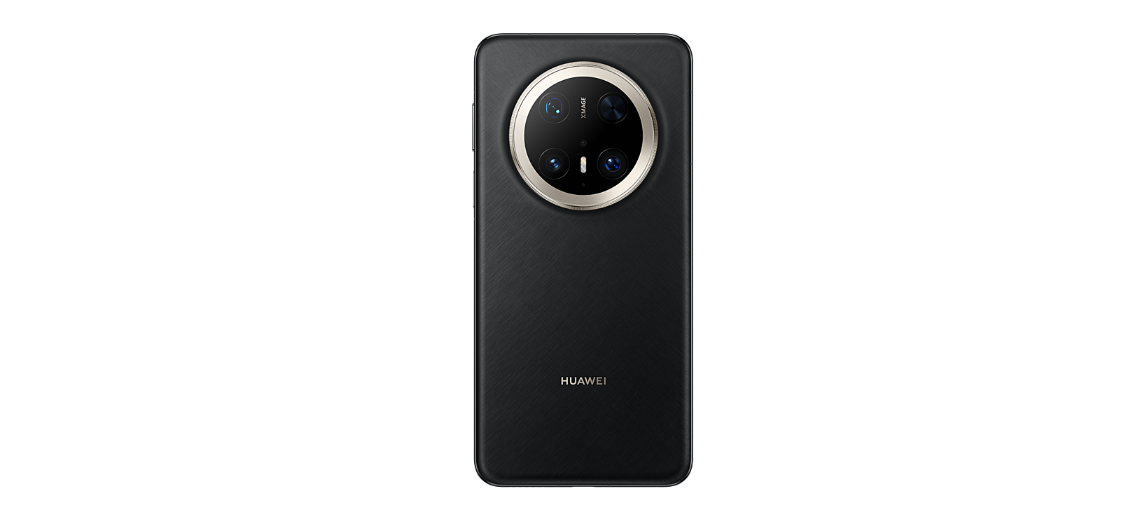
Huawei isn't just vying with Apple in terms of eSIM and ultra-thin designs; storage is another battleground. The 'ultra-large cup' naturally refers to the Mate 80 Pro+, which is rumored to introduce a 2TB storage option to compete with the iPhone 17 Pro Max. As a consumer, I hope Huawei's pricing strategy will be more consumer-friendly than Apple's, easing the decision-making process for potential buyers. According to leaks, the new phone is already undergoing testing, suggesting that all preparations are complete. The delay in its release is likely due to similar challenges faced by Apple.
As for which company, Huawei or Apple, will be the first to unveil an eSIM phone, it's anyone's guess. Apple has already announced its device, but the exact release date remains a mystery. Huawei, meanwhile, is still in the testing phase but could potentially launch a 'surprise attack' by releasing its phone ahead of Apple. In terms of sales strategy, there have been whispers that the iPhone Air might be available through carrier contracts, and Huawei might follow suit. However, I personally speculate that such restrictions might not apply next year.
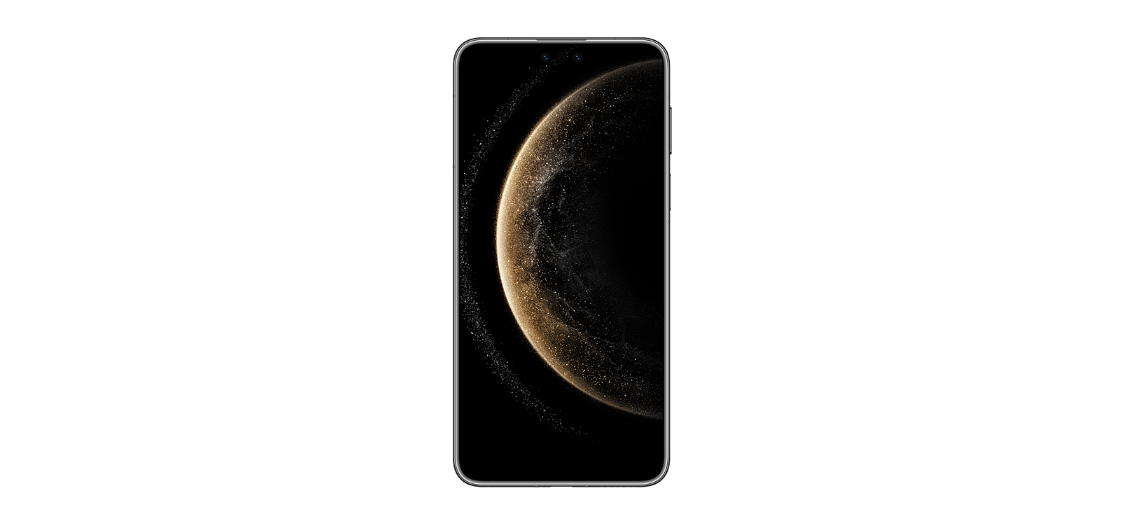
As for whether Huawei's eSIM phone can go toe-to-toe with the iPhone Air, I believe it will face some stiff competition. What's your take on this?

